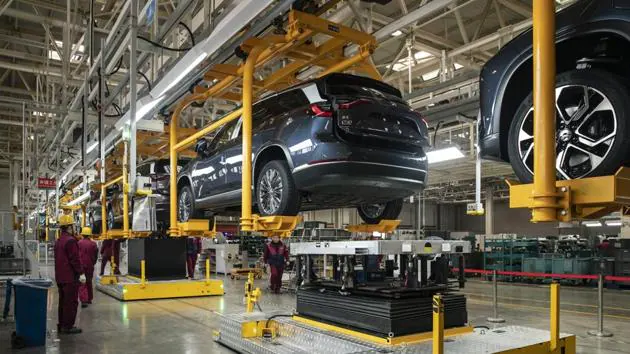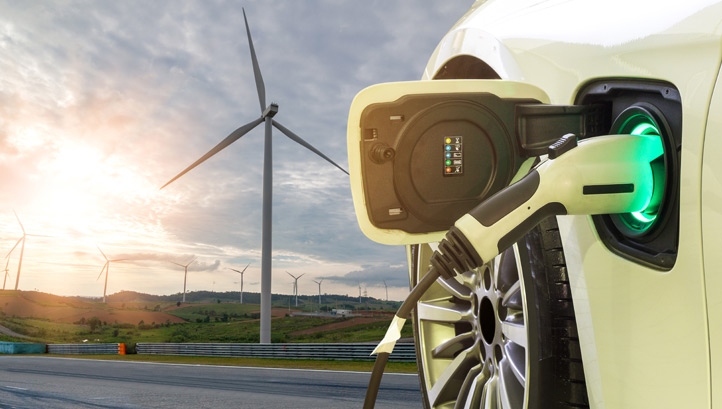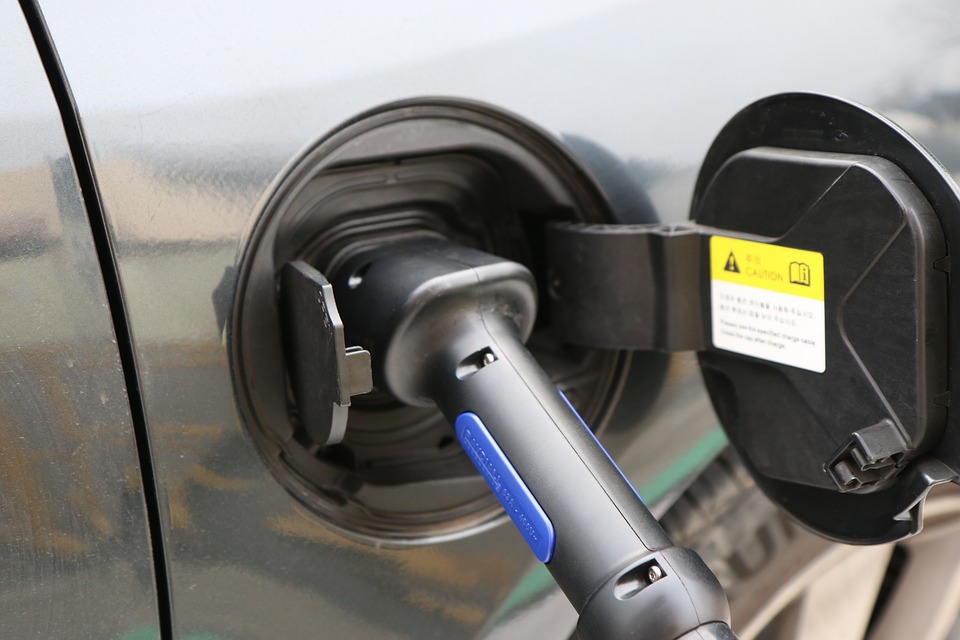According to the report by consulting firm RBSA Advisors which was released on Monday stated that India’s Electric Vehicle market is expected to escalate at a compounded annual growth rate (CAGR) of 90 per cent in this decade to touch $150 billion by the year 2030. The Indian electric vehicle market hasn’t shown a lot of growth and is still in its infancy but is expected to grow at a CAGR of 90 per cent from the year 2021-2030.
The total sale share of the electric vehicle in the total vehicle statistics was barely 1.3 per cent in the year 2020-21. Having said that, it needs to be highlighted that there are high expectations of electric vehicles in the future. The EV market is growing at a rapid rate and can possess a high growth rate soon in the near future. This shift to shared and electric connectivity can help India to save nearly one gigaton of carbon emissions by 2030 and can prove very beneficial for increasing pollution and climate crisis.

The report asserted that the EV technology in India requires a high rate of investment in Research and Product Development. Investment needs to be made both in automobile platforms and battery charging technology. The investment is done by 2W, 3W, 4W, and EV component makers and also the last mile delivery companies collectively were recorded at Rs. 25,000 crore during January–July 2021.
The report has stated several reasons that have attracted the larger automobile companies and financial investors to finance in this sector. Rising fuel prices, tight emission laws, increased awareness of the green environment, and an increase in the level of pollution every day are some of the reasons mentioned in the report that has attracted investors to invest in the EV sector.

Conducive Regulatory Framework has attracted overseas investors and the EV market showed a demand spike thereafter. Ola electric raised around $200million from the clutch of investors in a funding round that increased their value to more than $5 billion as a company, earlier this year.
In October this year, Abu Dhabi’s ADQ and TPG Rise climate agreed to invest about $1 billion in Tata Motors electric vehicle subsidiary. Bounce which is an electric scooter rental startup has reportedly invested around 742 crore that is $100 million over the 12 months of manufacturing of e-scooters and also intensifying the battery swapping infrastructure.
Rajeev R. Shah, Managing Director & CEO of RBSA Advisors said “EV sales are likely to increase exponentially in the coming days. With the only certainty over the future prices of diesel/petrol being that they are unlikely to reduce soon, more choices being made available to the consumer in terms of electric vehicles, and initiatives by the Central and State Governments, the sector is expected to attract huge investments as well.”
He talked about the start-ups that raised the funding in the initial years of their business and now looking for funds for their stabilization. He highlighted the sector gaining critical mass and the market will see major new deals in the sector in the upcoming time. “It is expected that if India is to achieve its 2030 target as far as e mobility is concerned, a cumulative investment of nearly $200 billion will be needed” he noted.

India needs to have about 400,000 charging stations to meet the requirement for around 2 million electric vehicles that could potentially provide good services to the people on the road by the year 2026.
In the Covid-19 period, the sale of the automobile dropped drastically, the global car sales dropped by 16 per cent in the year 2020. A huge demand was seen in the global EV market and around 3 million electric cars were sold.
The research reports concluded by stating Electric Vehicles are now the vehicles of the future and have the ability to power us ahead.
Also Read: Contemporary combat in Indian E-commerce: Flipkart vs Meesho











